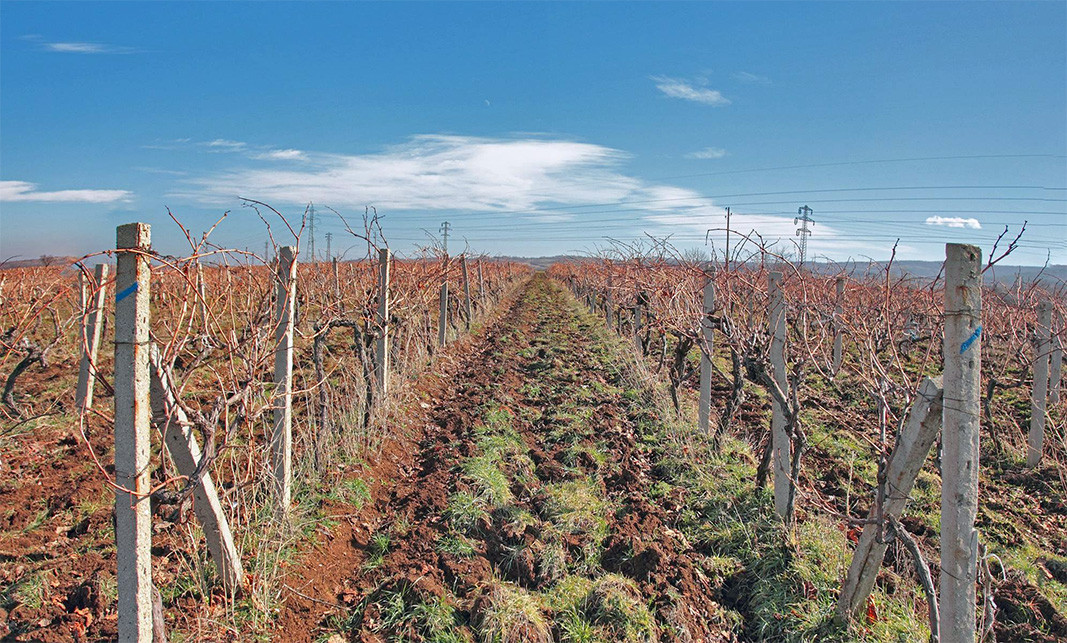




In March 2024, 1,518 people in Bulgaria had deposits of more than BGN 1 million, while in March 2023, 1,277 Bulgarians had such deposits, according to the latest BNB data. Deposits between BGN 200 thousand and BGN 500 thousand grew the most..
In the first quarter of 2024, the country’s real GDP growth is expected to accelerate, which is a prerequisite for similar annual dynamics, the Bulgarian National Bank said in its regular economic review. The GDP growth is mainly due to the..
The Institute for Market Economics has reported that it took 134 days for working Bulgarians to pay their debts to the treasury. This day is almost always in the middle of May, economist Lachezar Bogdanov told BNR. According to..

+359 2 9336 661
